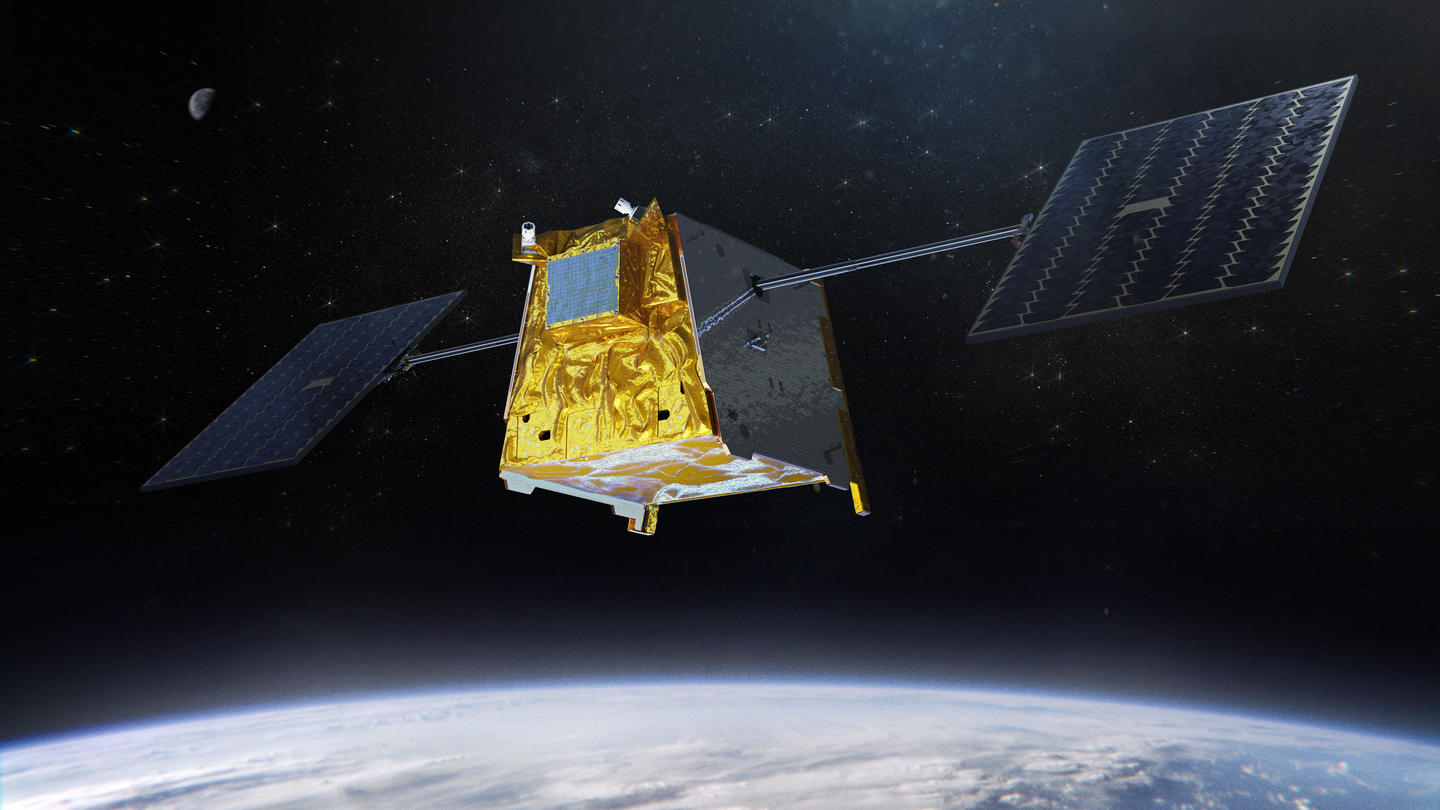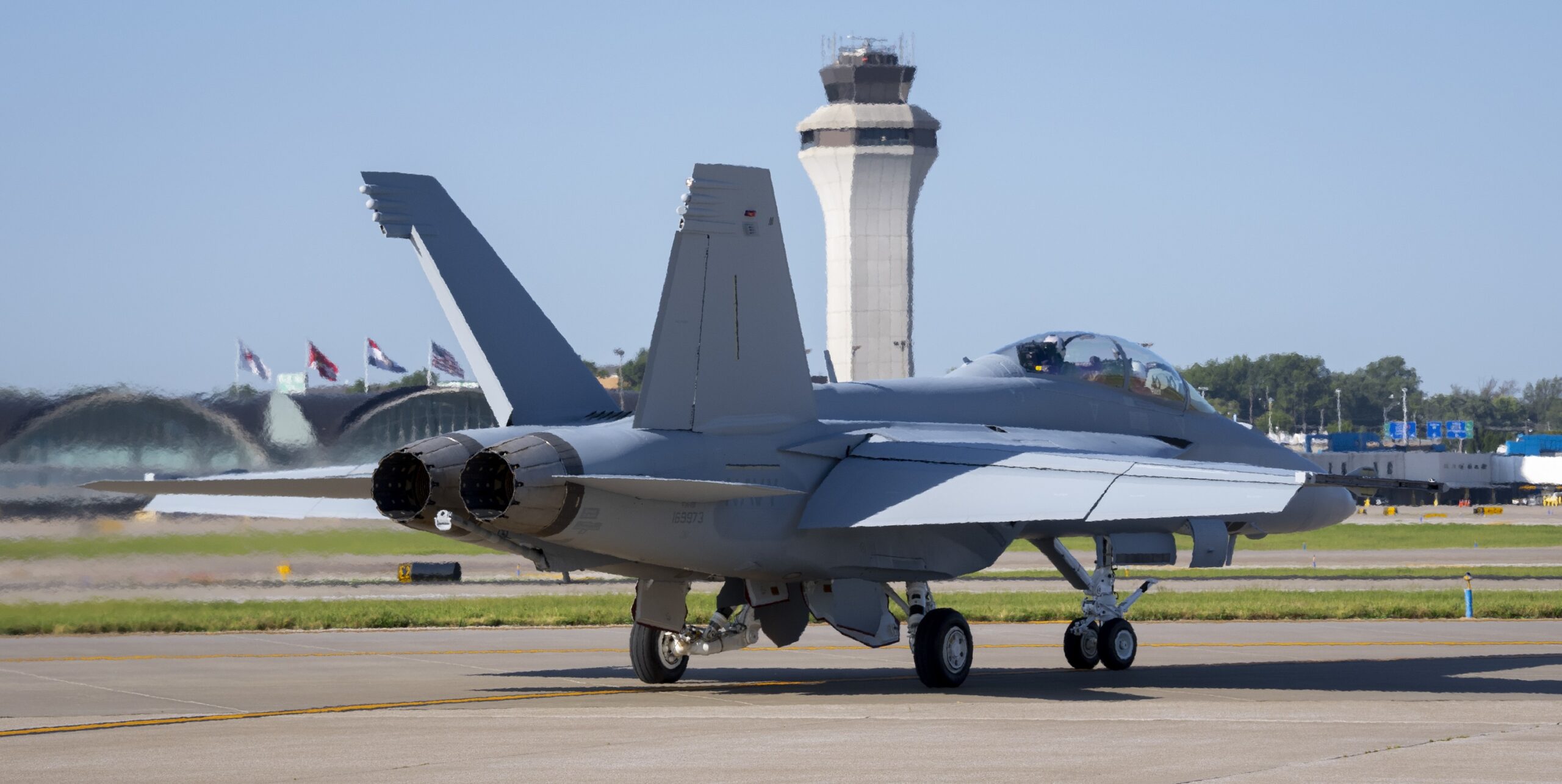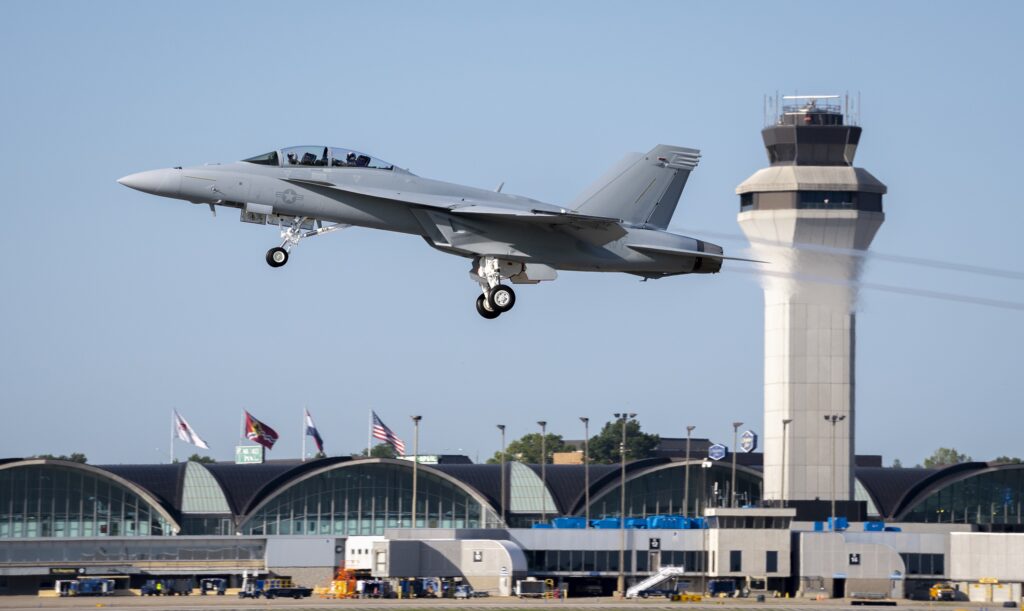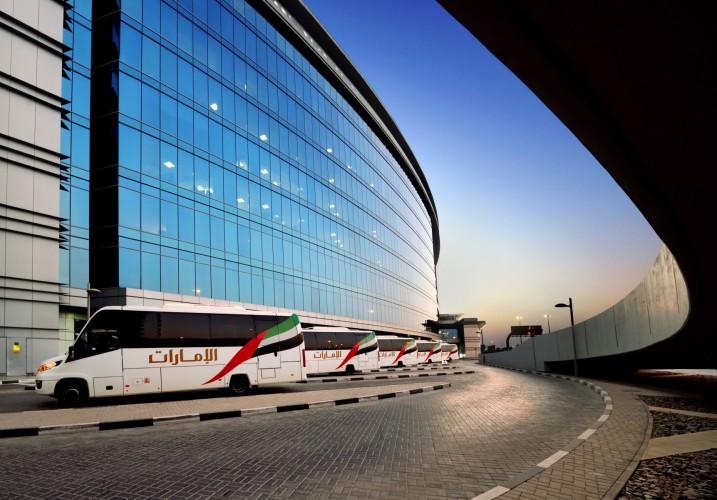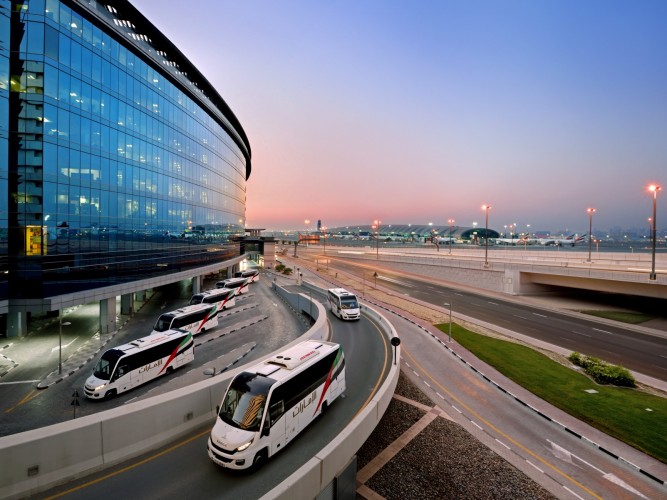Airbus (OTC: EADSY) has been contracted to supply space start-up Loft Orbital with more than fifteen satellite platforms derived from the Airbus Arrow platform. Arrow is the foundational satellite platform of the OneWeb constellation. There are 394 Airbus Arrow platforms in orbit for the OneWeb constellation and a further 254 are being produced to complete the 648 spacecraft required by OneWeb. With this acquisition, Loft Orbital confirms its intention to make the Airbus Arrow platform a true workhorse enabling its service business model.
Loft Orbital offers a true end-to-end service enabling customers to rapidly deploy and operate their payloads on reliable high-performance satellites at an unprecedented simplicity and affordability. Loft Orbital has also contracted Airbus to modify the Arrow platform to make it suitable for a wider range of longer lifetime missions and applications. Loft Orbital has offices both in the USA and France, being based in the heart of Silicon Valley in San Francisco, and in the European space capital Toulouse, and intends to continue rapidly growing its French presence following this contract relationship with Airbus.
The improvements to the Arrow platform, including all the engineering, qualification, test, and production of the first few spacecraft will be performed by Airbus in Toulouse. The production at scale of the remaining Arrow-derived platforms will be performed by Airbus OneWeb Satellites (AOS).
Airbus Space’s strategy of Next Space will seek further engagement with new players in the space ecosystem to ensure that sustainability and reliability in the LEO space environment is guaranteed for the future.
